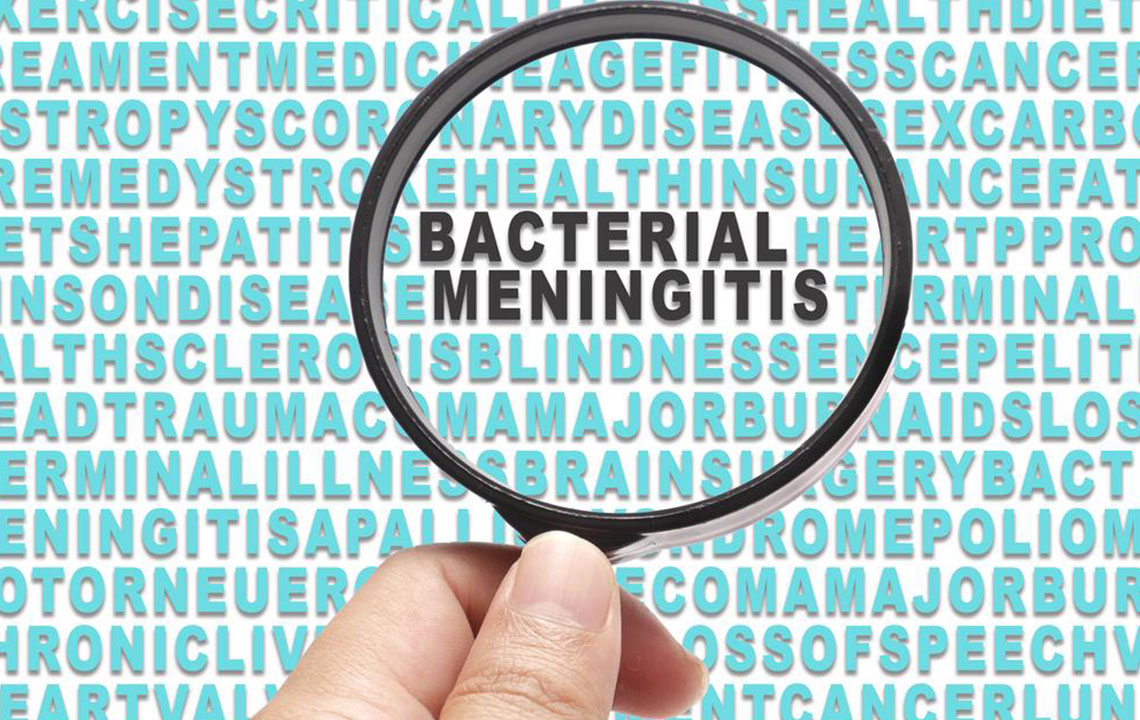Essential Insights into Meningitis: Symptoms, Prevention, and Vaccination
This article provides essential information on meningitis, including its types, symptoms, and the importance of vaccination. It highlights vaccines like MPSV4 and MCV4, CDC recommendations, and safety considerations, emphasizing the need for early medical intervention to prevent severe outcomes. Stay informed and consult healthcare providers for personalized advice.

Meningitis is a severe condition caused by bacteria, viruses, or fungi that inflames the membranes surrounding the brain and spinal cord. This infection can also lead to septicemia, a dangerous blood infection. There are different types of meningitis: bacterial, viral, and fungal. Bacterial meningitis, often linked to sepsis, is especially dangerous, though cases have declined. Children and teens are most vulnerable to meningococcal meningitis, while viral meningitis tends to be less severe. Knowledge and vaccination are key to prevention.
Many institutions require students to receive meningitis vaccines, such as Meningococcal Polysaccharide (MPSV4), Meningococcal Conjugate (MCV4), and Serogroup B vaccines. MPSV4 protects against the bacteria responsible for 70% of US meningitis cases. Typically, teens receive doses at ages 11 and 16. If MCV4 isn’t available, MPSV4 is an alternative.
The CDC recommends meningococcal vaccination for children aged 11 to 18, as well as high-risk groups and those exposed during outbreaks. While vaccines are generally safe, some may experience temporary side effects like breathing difficulty, hoarseness, dizziness, or increased heart rate. People with severe allergies or recent severe illnesses should consult a doctor before vaccination. Pregnant women can also receive the vaccine if needed. Prompt medical care is essential to prevent serious complications from meningitis.
Always seek guidance from healthcare professionals for diagnosis and treatment. This information is for educational purposes only and not medical advice.










